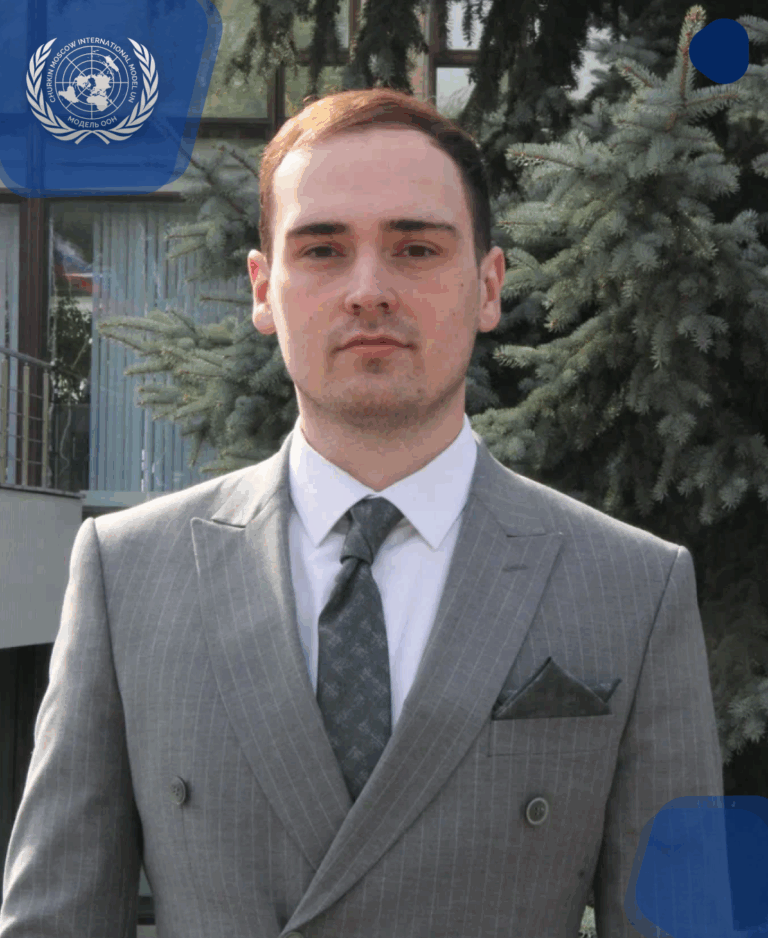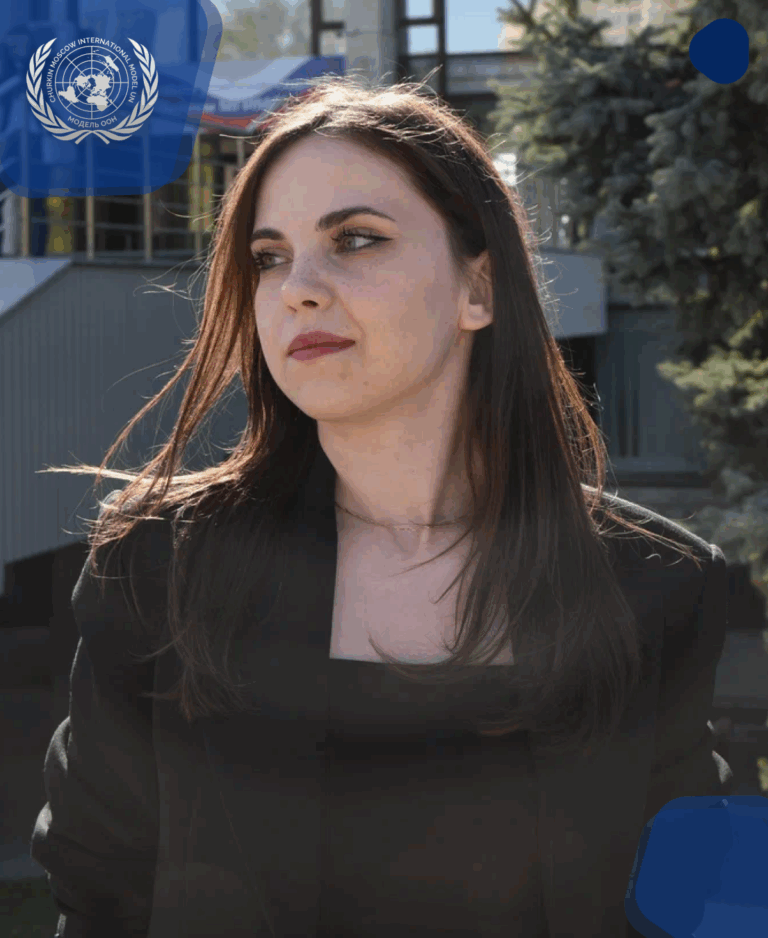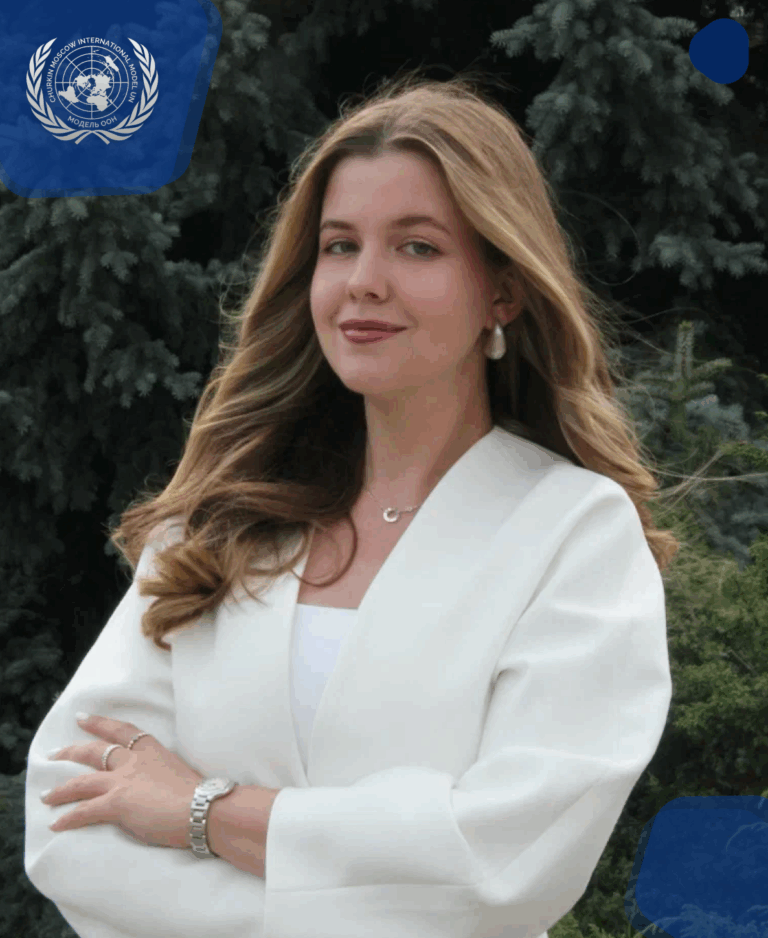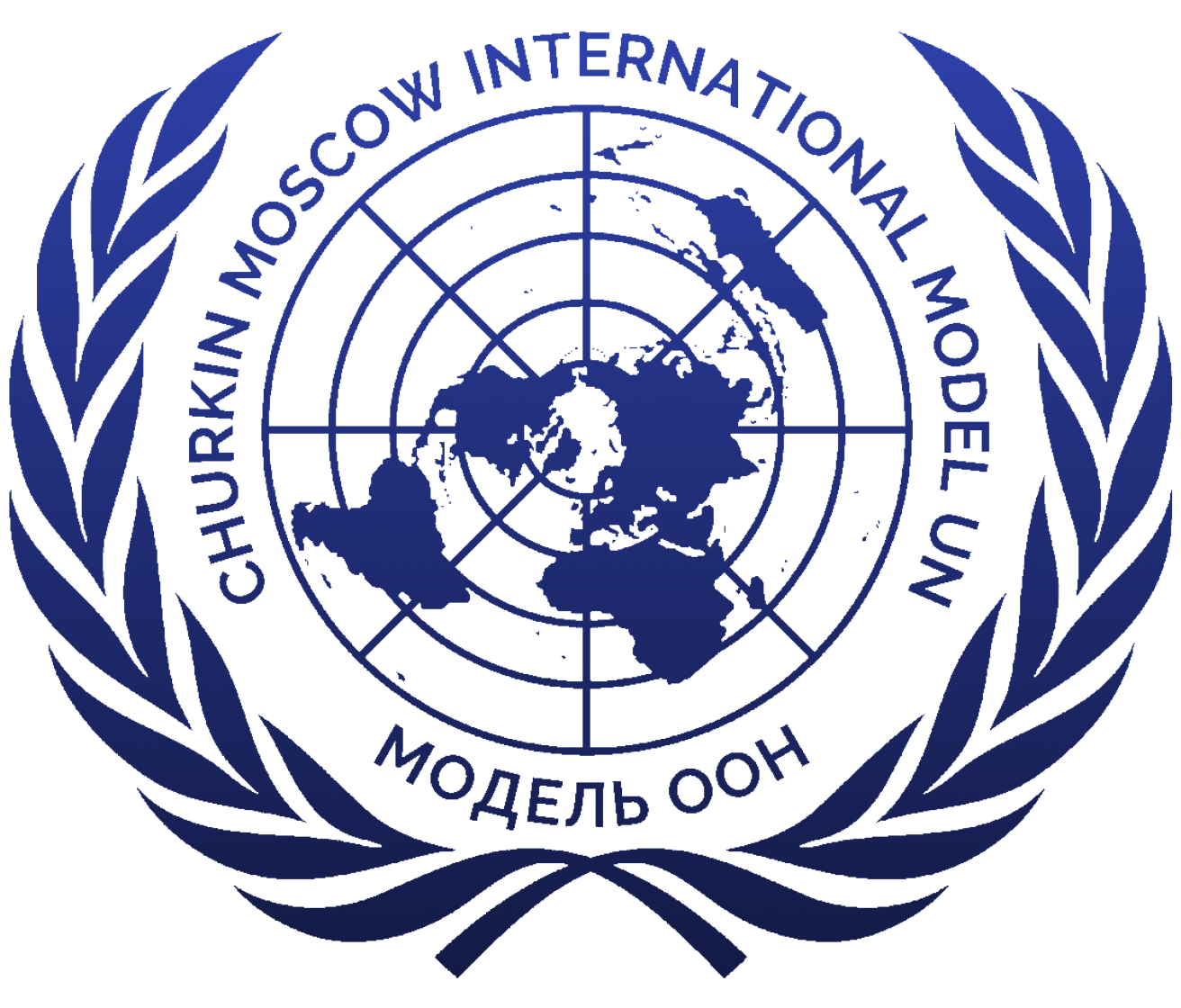- Про Модель ООНКомитетыУчастие
- Про Модель ООН
Security Council (SC)
The United Nations Security Council is the principal organ entrusted with the monumental responsibility of maintaining international peace and security. It stands alone within the UN system, as its decisions are not mere recommendations but legally binding resolutions for all Member States, giving its deliberations a unique and critical weight.
This authority is vested in a council of fifteen members. Five are permanent members (China, France, the Russian Federation, the United Kingdom, and the United States) wielding the right of veto. They are joined by ten non-permanent members, elected by the General Assembly to ensure broad geographic representation. To address threats, the Council is equipped with a formidable array of tools, from imposing economic sanctions and deploying peacekeeping missions to authorizing collective military action as a final recourse.Only university students who have participated in at least 3 MUNs can become SC delegates!
Agenda: Crisis agenda
Submit an applicationPresident
Kirill Fenin
Vice-president
Alice Voloshina
Working language
English
Delegates and observers
15+4
Expert
Victoria Khoroshaya
Mail
sc@modelun.ruDear delegates, dear guests and friends
I warmly welcome you to the annual UN Model held at the Moscow State Institute of International Relations.
The challenges of today oblige us to seek answers to the most difficult questions posed to us by contemporary international relations. There is no doubt that our country is going through difficult trials today, including in the international arena.
The Security Council is the body that is called upon to address those issues that require an urgent response. The most acute crises of today are our profile. In the 21st century, the work of the Security Council continues unabated, which only emphasises the importance of our Committee. Our aim is to make your participation in the UN model as favourable as possible and to give you the opportunity to demonstrate your diplomatic skills.
I look forward to having each of you on our committee.
Respectfully,
President of the Security Council
Kirill Fenin

Dear Delegates,
I couldn’t be more excited to be serving as your Vice-President.
The Security Council has a reputation for being intense. And let’s be real, it will be! We’re going to dive headfirst into some of the toughest problems on the planet. It’s going to be fast, it’s going to be tricky, and you’ll probably need more than one coffee. But I promise you, it will also be incredibly fun and one of the most rewarding experiences you’ll have.
Can’t wait to see you!
Best,
Security Council Vice-President
Alice Voloshina
Distinguished delegates,
It is both a great pleasure and an absolute honor to welcome you to C-MIMUN’26!
As delegates of the Security Council, you will be entrusted with perhaps the greatest responsibility of all – bridging the discord over the global agenda’s most acute crises to facilitate world peace and security. It is no easy task, and yet I express my sincerest belief that through constructive work, mutual respect, and utmost perseverance, we can pave the way towards sustainable and enduring solutions.
I am looking forward to heated debates as well as genuine collaboration since the essence of diplomacy lies somewhere between fighting vigorously for your beliefs and meeting each other halfway. We must remember it is only together that we can be the change we want to see in the world. Only with this notion can we proceed towards a better future for generations to come.
Sincerely,
Security Council Expert
Victoria Khoroshaya
Writing an essay
To become a Churkin Moscow International Model UN delegate, one should demonstrate a thorough understanding of the Committee’s agenda. Writing an essay is the first step in the selection process and plays a key role in the formation of the Committee.
Recommendations for writing an essay
Submitting your application for the position in the Security Council encompasses writing an essay on one of the following topics:
1. Modern International Conflicts: Features and Threats
Examine current international conflicts and changes to their nature. Give recommendations how the Security Council could adapt to the evolving character of contemporary armed conflict.
2. UN Peacekeeping: Long-term Solution or Insult to Injury?
Choose a recent or an ongoing Security Council peacekeeping mission and assess its performance by identifying specific successes and limitations. Propose strategies for improving the Council’s effectiveness in prospective missions.
3. Security Council Reform: Feasible Challenge or Sisyphean Task?
Suppose the UN has reached consensus on reforming the Security Council. What specific changes do you believe would make it most effective? Explain your reasoning.
While writing your essay, please do follow the guidelines:
— Write from your individual perspective as you are not yet given the certain country to represent;
— Follow the simple structure of introduction-main body-conclusion;
— Respect the word limit 300-500;
— Use formal style only and appeal to credible sources (such as the UN documents);
— Essays should be coherent and concise: do not digress from the topic;
— The essay should be an original work, therefore, plagiarism (more than 15%) is unacceptable;Requirements
Volume: 300-500 words.
Originality: at least 85%Writing a position statement
A position statement is a formal expression of a particular state’s view on a particular international issue within a meeting of the United Nations system. The position statement reflects the state’s opinion and interests in the international arena and its strategic approach to addressing global challenges.
Recommendations for preparing a position statement
Familiarize yourself with the relevance of the agenda in the state you represent. To do this, look at the websites of agencies, non-profit organizations working on the issue. Review scholarly articles on the relevance of the agenda in the country or region. In addition, relevant information may be reflected in media publications. However, the state’s position must be based on credible sources.
Consider the state’s position through speeches at United Nations meetings. Verbatim records of meetings provide valuable information regarding the state’s perspective on international issues.
Examine the state’s contribution to the problem. To do this, consider the country’s status in international agreements as well as accountability for treaty compliance.
Provide some bullet points on the relevance of the problem to the state, the country’s key activities in addressing the global problem, and the major challenges in achieving the goals and solutions.
Systematize the theses and present them logically in a coherent speech format. Make sure that the speech is in business style and does not contain aggressive or provoking statements.Requirements
The speech should be designed to take between 2 and 5 minutes.
Originality: at least 80%
Structured and logical presentation.
Use of official sources.Formatting
The position statement is formatted in a document and sent to an expert via the Committee’s mail for verification.
Font — Times New Roman;
Font size — 14;
Alignment — justified.
Interval — 1.5;
Margins — at least 2.5 cm on each side.# Country list: Representative 1 Bahrain 👑President 2 China Kirnosova Alyona 3 Colombia 4 Democratic Republic of the Congo Mai Kom Hoth 5 Denmark 6 France Ibragimov Ulugbek Shukhrat ugli 7 Greece Lilit Sargsyan 8 Latvia 9 Liberia 10 Pakistan 11 Panama 12 Russian Federation 13 Somalia 14 United Kingdom of Great Britain and Northern Ireland Korokhtenkova Sofya 15 United States of America Observers: 1 European Union 2 African Union 3 Organization for Security and Co-operation in Europe 4 International Committee of the Red Cross
